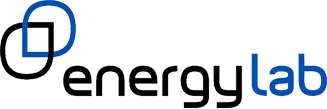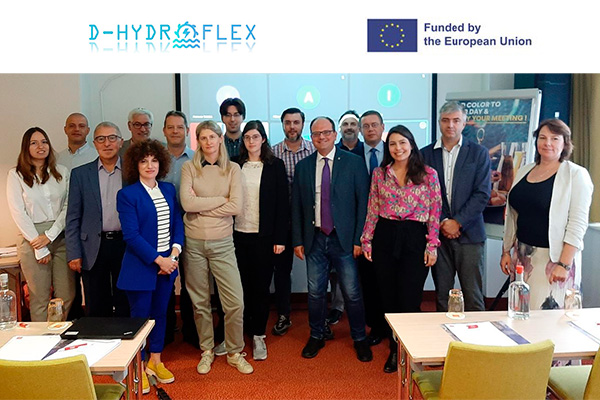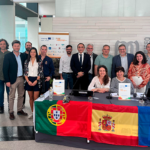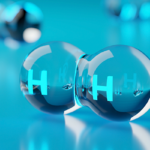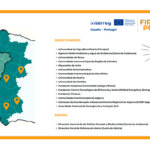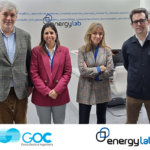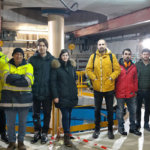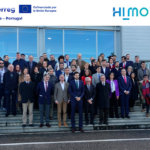The European energy system is undergoing a significant transformation: decarbonization, security of supply, deployment of renewables and their integration into the market, generating significant opportunities and challenges for energy stakeholders. Despite all energy efficiency efforts, overall demand for decarbonized electricity is set to be significantly higher in 2050 than today due to the decarbonization of the heating, cooling, transport and many industrial sectors, which can only be achieved via efficient and smart electrification.
Hydropower is a key technology in supporting the European pathway to a decarbonized energy system and to achieve global leadership in renewable energy generation. It consists a renewable and highly sustainable electricity resource and can supply the European power system with stability and valuable flexibility. In addition, hydropower reduces EU’s dependency on fossil imports and renders multiple extra benefits for society in the river basins such as support to irrigation, water supply and flood control.
European Commission-funded project D-HYDROFLEX – Digital solutions for improving the sustainability performance and FLEXibility potential of HYDROpower, launched on the 1st of September 2023 to tackle the challenges posed by European Green Deal and the Digital Decade Policy Programme 2030 for Europe. The project aims to advance excellence in research on digital technology for hydropower paving the way towards more efficient, more sustainable, and more competitive hydropower plants in modern power markets.
To this end, D-HYDROFLEX will develop a toolkit for digitally ‘renovating’ the existing hydroelectric power plants based on sensors, digital twins, AI algorithms, hybridization modelling (power-to-hydrogen), cloud-edge computing and image processing. The core pillars of the project are:
- Digitalization, (i.e., digital twins for hydro dams and machinery, weather and flow forecasts, cyber resilience tools),
- Flexibility, (i.e., coordination with hydrogen, storage and VPP operation) and
- Sustainability, (i.e., biodiversity and environmental indicators monitoring).
Validation will take place in 7 hydro plants operated by EDF (France), Tauron Ekoenergia (Poland), PPC (Greece), TASGA (Spain) and INTEX (Romania), covering different geographical areas of Europe.
On 21st and 22nd of September 2023 the D-HYDROFLEX Consortium met in Brussels for a two-day meeting (hybrid). The Project Coordinator, Technical Coordinator, and Work Package Leaders presented a detailed overview of the project and the objectives of each work package focusing on the upcoming milestones and deliverables. An overview of the demonstration campaigns was displayed from the Technical Coordinator. WP leaders proposed ways of cooperation and oriented the discussion towards the next steps.
The D-HYDROFLEX is a project funded by the European Union’s HORIZON Research and Innovation Action under the topic HORIZON-CL5-2022-D3-03-08/Development of digital solutions for existing hydropower operation and maintenance and responds to the Call HORIZON-CL5-2022-D3-03/Sustainable, secure and competitive energy supply. The Consortium consists of 18 partners, bringing together 5 power plant operators/energy producers (EDF, TEE, PPC, INTEX, TAGSA), 6 European research institutes and universities (CARTIF, PWR, UCL, UOC, UoA, ENERGYLAB) and 7 technology providers (UBI, NOVA, UBE, MINDS, FASADA, IDEA, CINT). D-HYDROFLEX will carry out 5 demonstration campaigns in 7 hydropower plants. D-HYDROFLEX is a 36-month long project started in September 2023.
Funded by the European Union. Views and opinions expressed are however those of the author(s) only and do not necessarily reflect those of the European Union or the European Climate, Infrastructure and Environment Executive Agency (CINEA). Neither the European Union nor the CINEA can be held responsible for them.
